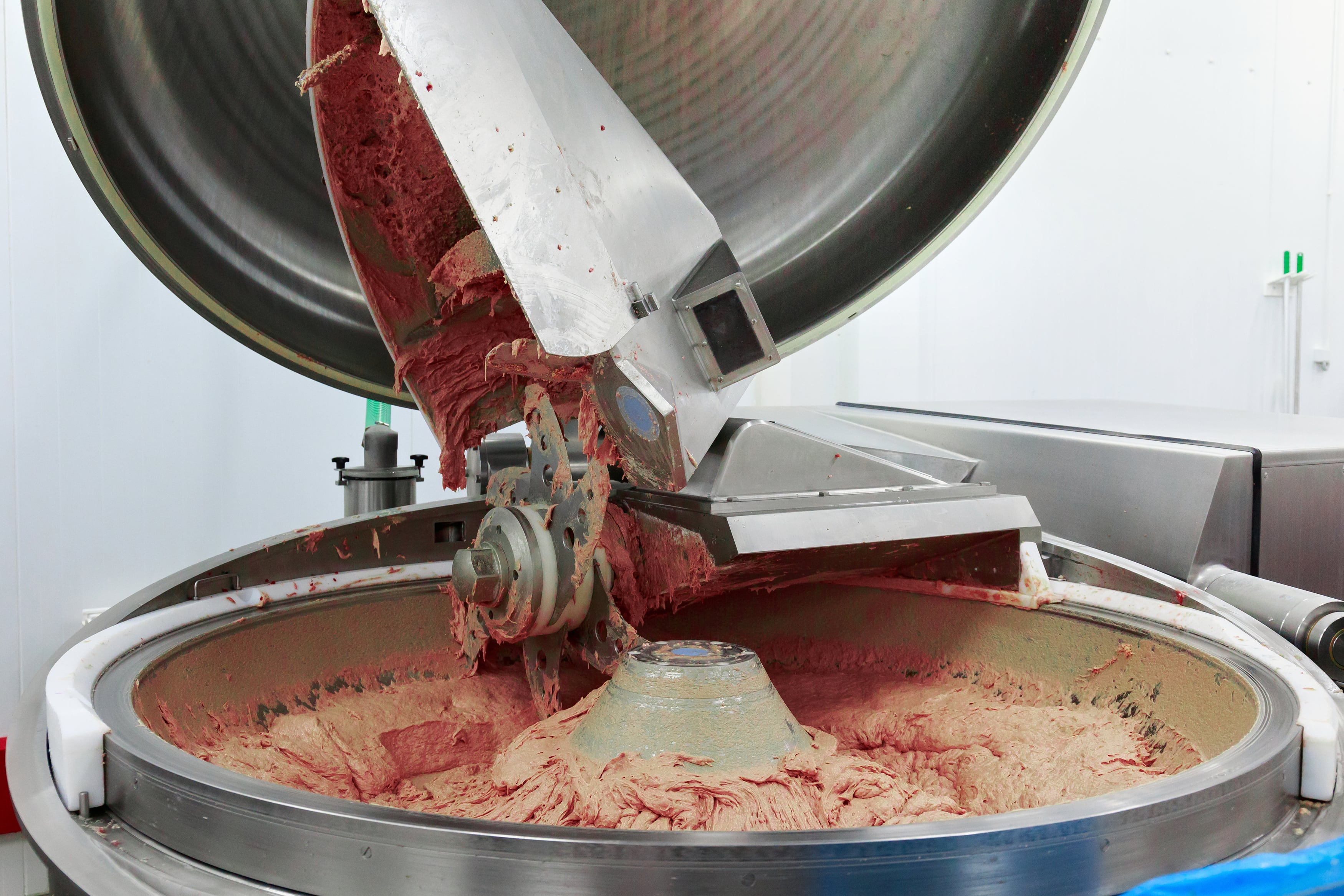The new guidance was developed through extensive engagement and consultation with industry and aims to support food businesses in England, Wales and Northern Ireland in remaining compliant with mechanically separated meat regulations.
This is in line with the outcome of Supreme Court and High Court rulings, which clarified the definition of mechanically separated meat and how it should be applied to products by food businesses.
These court rulings mean that some businesses will need to adapt their processes and the way they classify and label their products, in order to comply with food law.
The FSA said that it recognises that food businesses may need time to make the necessary changes in line with the clarified definition, and will provide the necessary support to ensure this occurs within a reasonable timeframe.
According to food law, mechanically separated meat must be declared as an ingredient when it is used in a food product and does not count towards the overall meat percentage on the label. This is aimed at helping people make informed choices about the food they buy.
“As a regulator, the FSA has a duty to support businesses to implement and uphold the court rulings on mechanically separated meat, so we have been engaging closely with industry on developing this new guidance, taking into account the needs of food businesses and helping them to comply with food law,” said Rebecca Sudworth, director of policy at the FSA.
“The implementation of the new guidance will make sure all products are correctly classified, upholding the law and protecting people by enabling them to make informed choices.”
In other news, a UK food wholesaler has been fined £66,000 after an employee had to have their leg amputated following an incident at work.
The worker was injured while loading a lorry using a pallet truck at the site of Osprey Foods Limited in Holt, Norfolk, on 5 July 2023.




